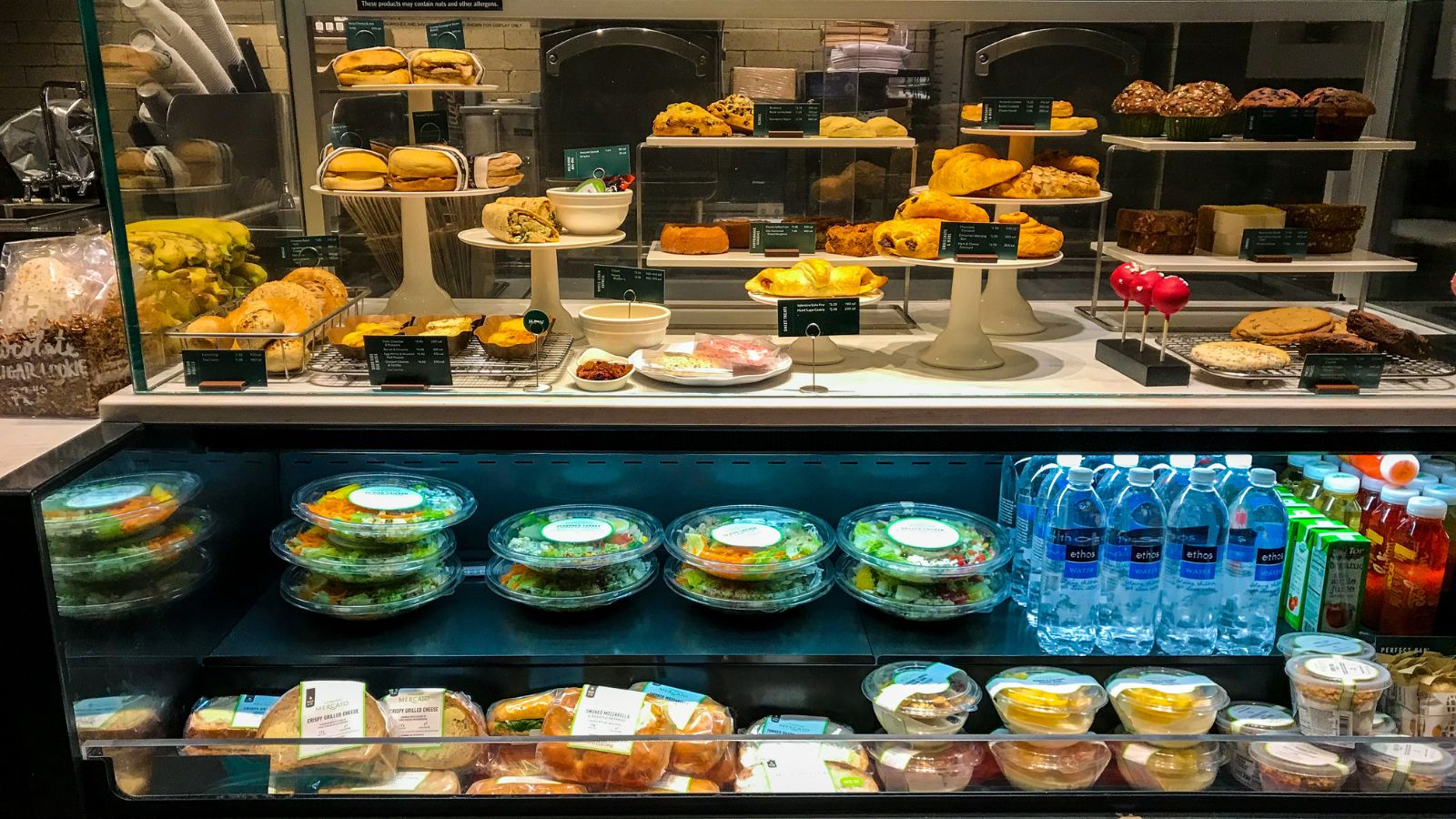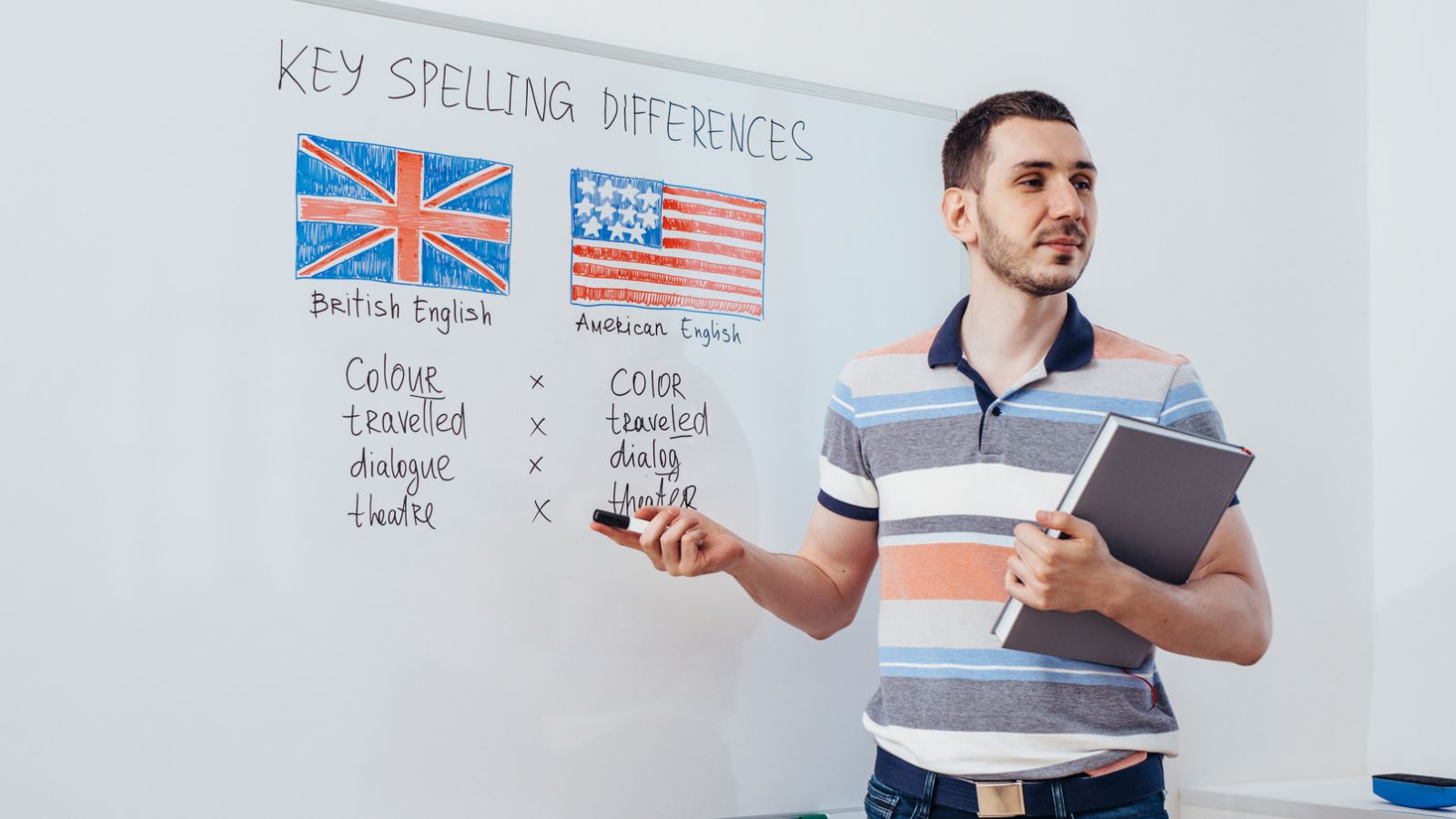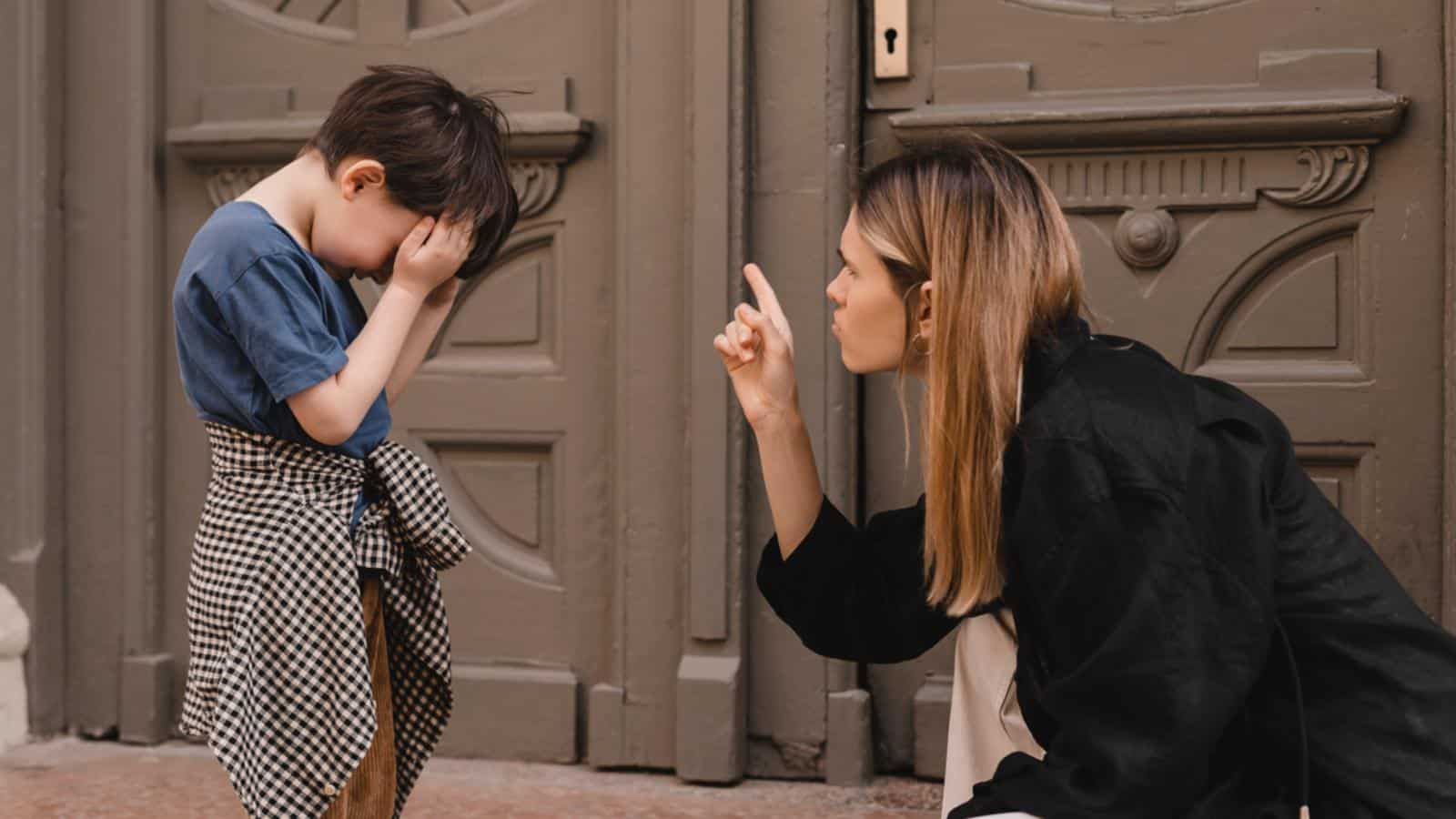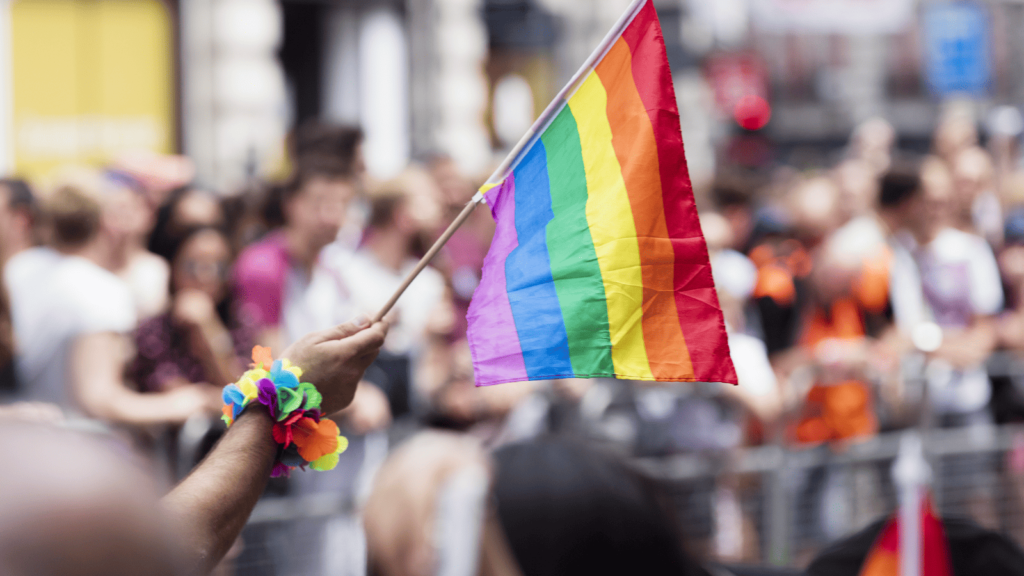The world is changing, and along with it, so are our social norms and values. While many of these changes are necessary and positive, some ideas can seem a bit out there. Here, we’ll delve into some of the more progrssive ideas that have sparked debates and left people scratching their heads.
Cancelling Historical Figures

There’s a growing trend of judging historical figures by today’s moral standards, but “is the custom a radical form of citizen justice or merely a handmaiden to capitalism?” asks the New York Times. People who lived centuries ago are being scrutinised and often “cancelled” because they don’t measure up to our current values.
Renaming Food Items

Certain food items have been renamed to avoid offending anyone; for instance, some places have changed the name of “black coffee” to simply “coffee” to avoid racial connotations. While the intention is to be more inclusive, many find it a bit of a stretch, as these names never had any racial undertones to begin with.
Cultural Appropriation of Hairstyles

The idea that certain hairstyles should be worn only by people of a specific ethnicity has sparked heated debates, as some people argue that wearing dreadlocks or braids is cultural appropriation if you’re not of African descent. This perspective can be seen as limiting personal expression and overlooking the shared human experience of exchanging and adapting cultural practices.
Banning Clapping

In some places, clapping has been banned at events to avoid causing anxiety to those who are sensitive to loud noises. Instead, people are encouraged to use “jazz hands” to show their appreciation, and while inclusivity is important, many argue that this is taking things a step too far.
Gender-Neutral Pronouns for Pets

There’s a movement to use gender-neutral pronouns for pets to avoid assuming their gender, too, but while respecting gender identity is crucial for humans, applying the same principles to animals seems a bit over the top for many. After all, animals don’t have the same concepts of gender identity as humans do.
Safe Spaces from Offensive Words

Safe spaces are areas where people can avoid exposure to words or ideas they find offensive, which can create a supportive environment for some, but it can also lead to echo chambers where open dialogue and differing opinions are stifled. Encouraging resilience and critical thinking might be a more balanced approach.
Renaming Holidays

Some holidays have been renamed to be more inclusive, for example, Christmas parties are sometimes called “Winter Celebrations” to avoid offending those who don’t celebrate Christmas. While inclusivity is a noble goal, many people feel that erasing traditional names can undermine cultural heritage and shared traditions.
Trigger Warnings for Classic Literature

Trigger warnings are being added to classic literature to alert readers about potentially upsetting content, and while it’s considerate to be aware of others’ sensitivities, some argue that these warnings can detract from the literary experience. It could also diminish the educational value of grappling with challenging material.
Pronoun Policing

The insistence on using the correct pronouns is crucial for respecting individual identity. However, in some circles, the approach can become overly aggressive, with people being harshly criticised for genuine mistakes. Encouraging respect and understanding is key, but this should be done with empathy and patience.
Mandatory Diversity Quotas

Diversity is essential, but some argue that mandatory quotas in workplaces or educational institutions can lead to tokenism rather than genuine inclusion, and instead the focus should be on creating environments where diversity naturally thrives. This should be an alternative to imposing strict quotas that may not address the root issues.
Over-Interpreting Innocent Comments

People are increasingly scrutinising every word for potential offence, even when the intention is clearly harmless, which can result in unnecessary conflicts and a culture of fear where people are afraid to speak freely. Context and intent should always be considered before jumping to conclusions, after all.
Eliminating Gendered Toys

The push to eliminate gendered toys, such as dolls for girls and trucks for boys, aims to break down stereotypes. While the intention is positive, many argue that children should be allowed to choose what they enjoy without adults overcorrecting, as providing a variety of options is key, rather than banning certain toys.
De-Gendering Language

In an effort to be inclusive, some have suggested de-gendering language entirely, such as replacing “manhole” with “maintenance hole”. While language does evolve, this can sometimes result in overly cumbersome terminology that feels forced and unnecessary, causing more problems than it’s solving.
Banning Best Friends

In some schools, the concept of having a “best friend” has been discouraged to prevent exclusion, and the idea is to encourage inclusivity—but many believe that having close friends is a natural part of social development. Teaching kindness might be a better approach than banning close friendships.
Microaggressions Overkill

Microaggressions are subtle, often unintentional slights; it’s important to address hurtful behaviour, but some believe the focus on microaggressions can become excessive, leading to an environment where people are constantly walking on eggshells. Promoting open conversations about intent and impact might be more constructive.
Veganism as a Moral Imperative

Some advocates of veganism present it as the only ethical choice, often with a judgmental tone towards those who consume animal products. While promoting animal welfare is commendable, imposing one’s dietary choices on others can be counterproductive and alienating, especially when some people are becoming vegetarian.
Language Policing in Academia

In some academic circles, there’s a strict enforcement of politically correct language, which can stifle intellectual debate. Respectful language is important, nevertheless academia should be a space for open discourse and exploration of diverse ideas, even if they are uncomfortable.
Declaring Everyday Objects Racist

Occasionally, everyday objects or symbols are labelled as racist due to their historical associations, and understanding and addressing historical injustices is crucial, but sometimes these declarations can seem overreaching. Worse, they can distract from more substantive issues that are happening.
Banning Fancy Dress Costumes

Certain fancy dress costumes have been banned because they might be seen as culturally insensitive., and while this might be trying to avoid offensive stereotypes, many feel that this approach can be too restrictive. Furthermore, education on cultural respect might be more effective than outright bans on a favourite costume.
Over-Correcting Children’s Play

It’s another woke belief that children’s play needs constant supervision to ensure it’s free from any form of bias or stereotype, and guidance is of course beneficial, but over-correcting can stifle creativity and natural development. Allowing children to explore and learn through play is essential.
Rewriting History

And finally, In an attempt to present a more inclusive narrative, there’s a trend of rewriting historical accounts. While it’s important to include diverse perspectives, some argue that altering historical facts can be misleading, and instead a balanced approach that acknowledges multiple viewpoints without distorting facts is a much better option.







